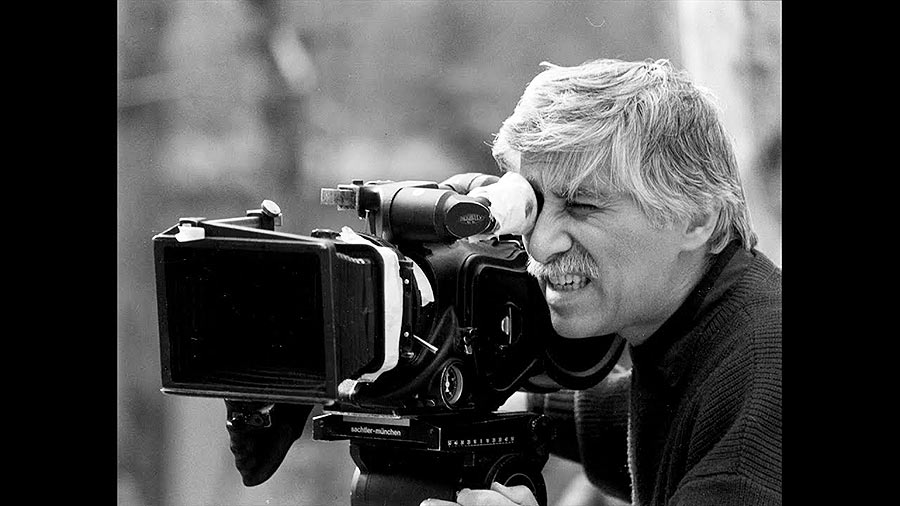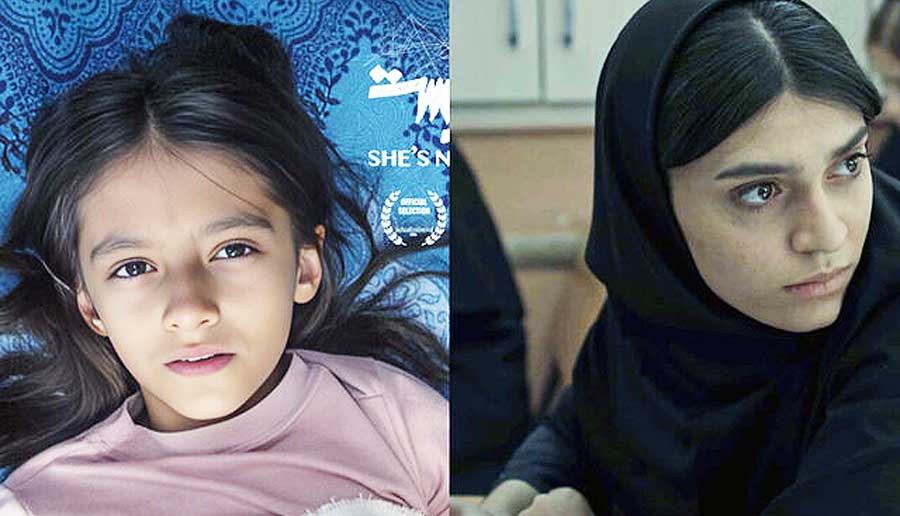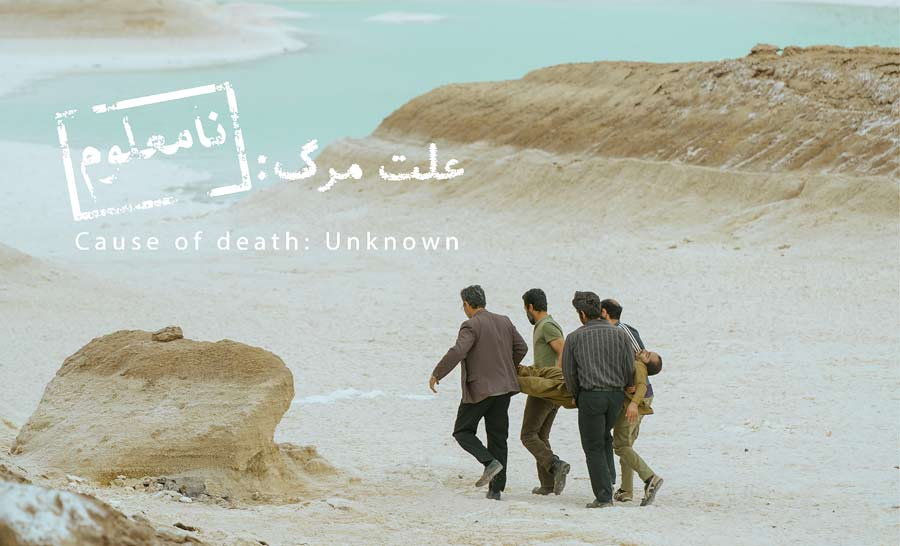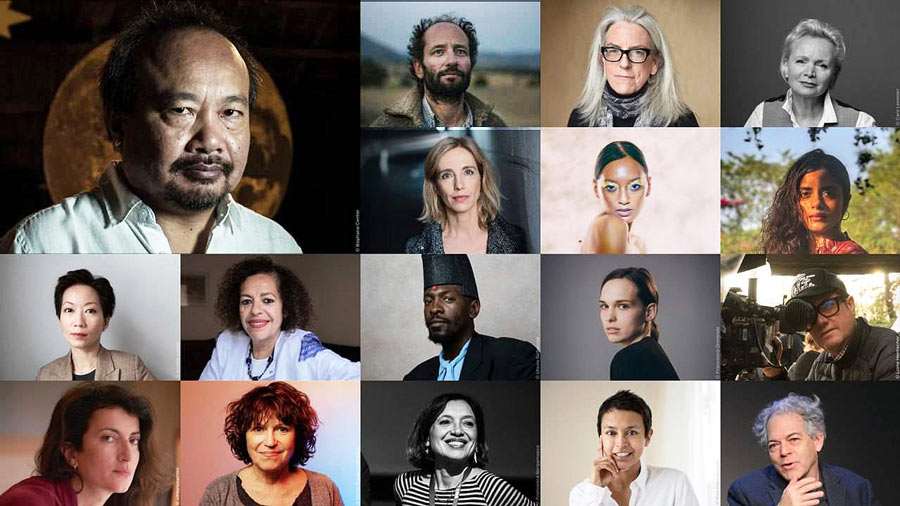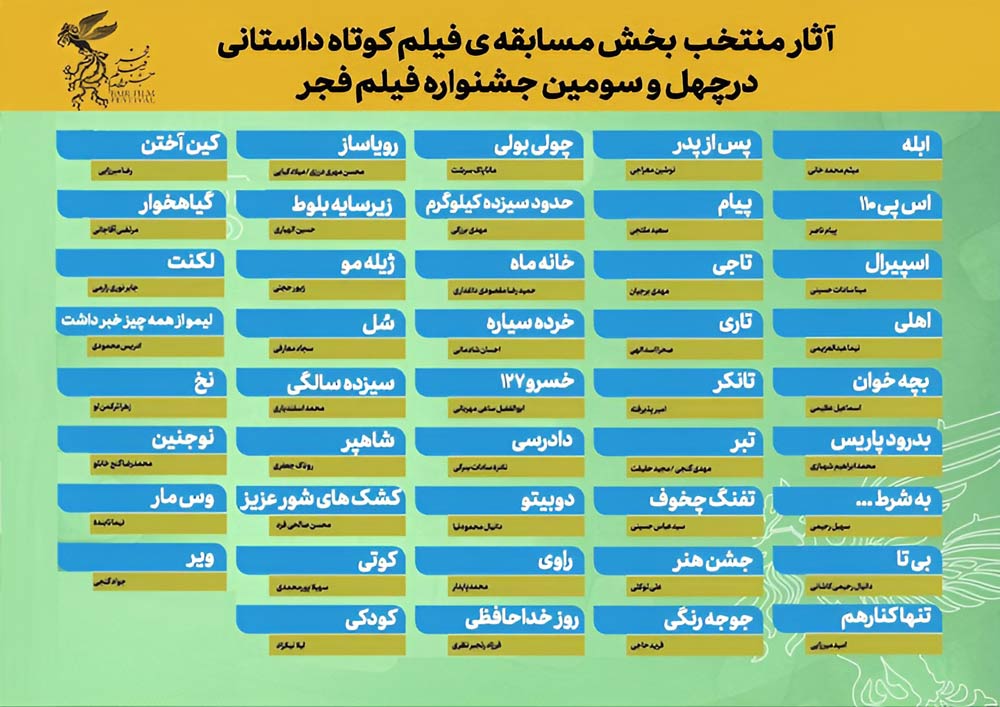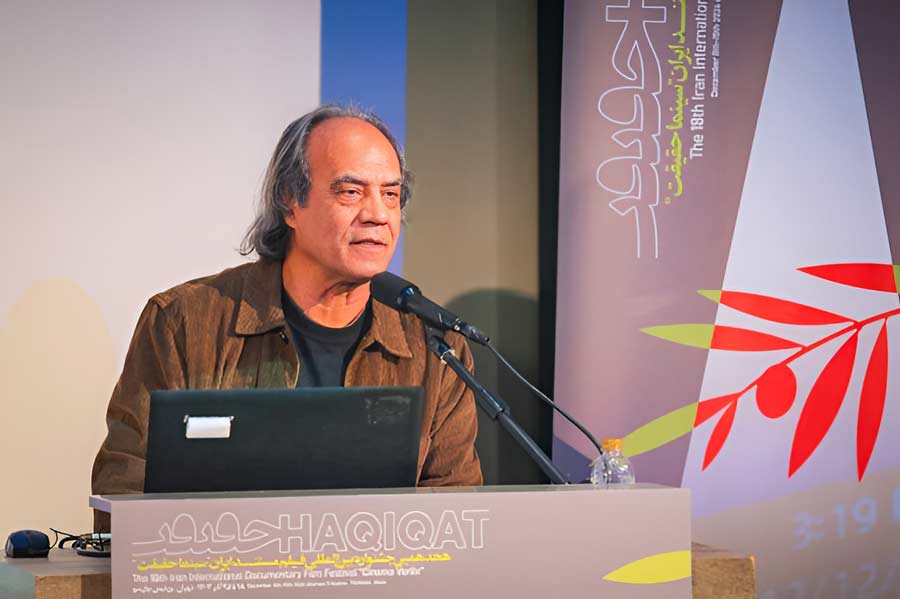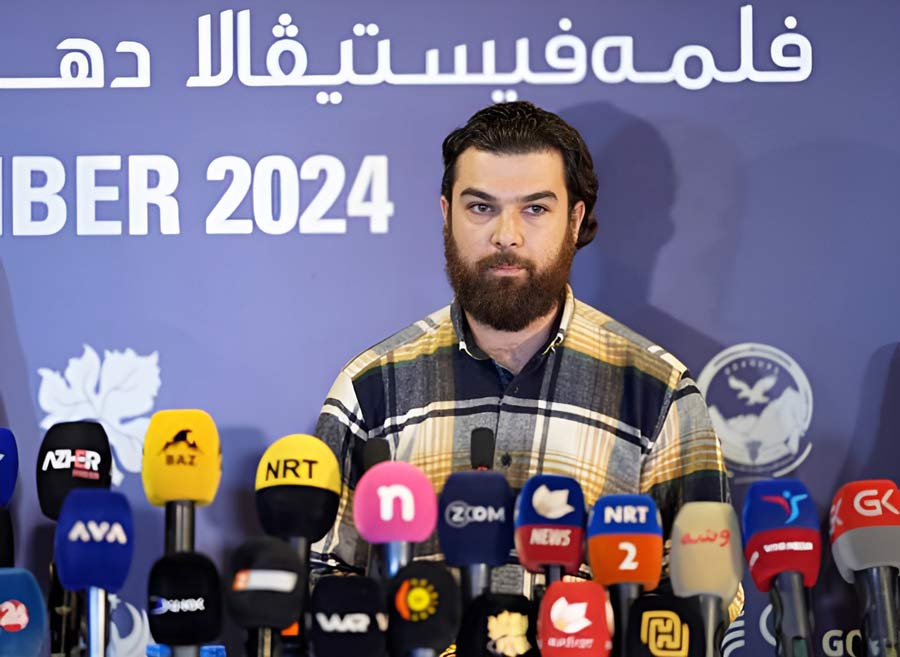Winners of Fajr International Film Festival
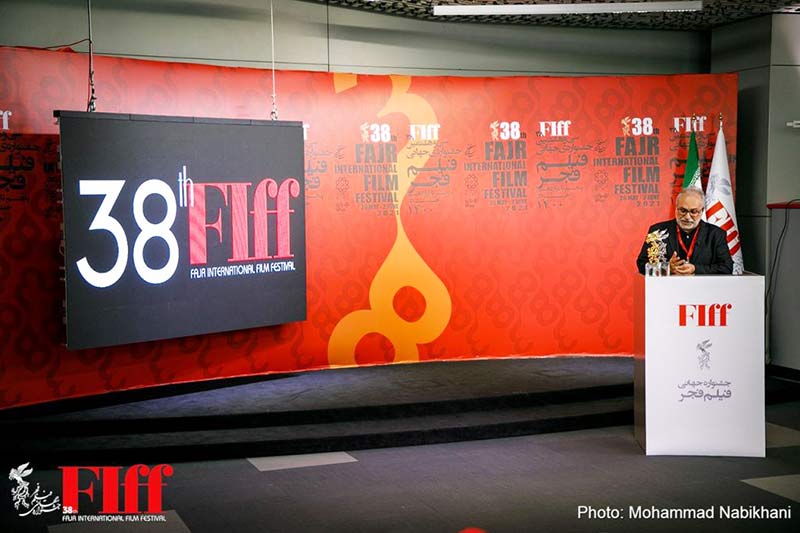
The winners of The 38th Fajr International Film Festival were announced with the online presence of the judges and the winners.
According to ISNA, the closing ceremony of The 38th Fajr International Film Festival was held online and in English in a completely different way from previous years.
The closing ceremony, which was held before noon on Wednesday, June 4, at the previously announced time (11:30) at the Chaharso Cinema Campus, was accompanied by a performance by Amir Esfandiari, who first referred to the pandemic and the conditions imposed on the festival, and then Mohammad Mehdi Asgarpour – Secretary of the festival – said in a speech: “Due to a pandemic, we could not hold the 38th edition of this festival last year, but we observed other events and based on the experiences gained, we became a model to hold this festival in person and online.”
According to him, more than 300 films were screened during this period and about 10,000 people in general watched the festival.
Asgarpour thanked the Secretary General of FIAPF and the collection of the World Federation of Film Producers for their attention and registration of the Fajr International Film Festival, and while pointing to the increase in the capacity of the market sector in this process, said: We want to spend a lot of time promoting this festival and hope to have a bigger festival next year.
In the continuation of this ceremony, the selected sections were accompanied by online presence of the judges and the announcement of their names.
The Netpak section award was given to Ehsan Abdipour’s film “Major”.
The FIPRESCI Award went to “200 Meters” directed by Amin Nayefeh from Jordan.
“Dogs Didn’t Sleep Last Night” directed by Ramin Rasooli from Afghanistan won the Inter-Religious Award.
The Mohammad Amin Award was presented by the festival secretary to the film “Horror” from Bulgaria.
In the best first film category, while referring to the films “I Will Not Expel Myself” from South Korea and “Island of Flies” from Spain, the award was given to the film “Botox” from Iran directed by Kaveh Mazaheri. One of the judges of this section emphasized that the making of “Botox” represents a new voice in Iranian cinema.
The next part was related to the awarding of the best works in The Eastern Effect section, which was first announced by Amir Esfandiari: Marina Golbahari, the Afghan referee of this section, had a coronavirus halfway through the refereeing and was hospitalized.
In this category, the award for best short film went to “Bethlehem 2001” by Ibrahim Handel from Palestine.
The judges of this section awarded a special prize to the woman actress of the movie “I’m Burning” from Korea for his powerful performance.
In The Eastern Effect section, the award for best artistic achievement went to Chow Jinling’s “Anima” from China.
The award for best screenplay in this category went to “200 meters” from Jordan, whose screenwriter presented the award to the Palestinian people with a desire for freedom.
The Silver Simorgh for Best Director in the East Effects section was also awarded to Alireza Samadi for the film “Sahnehzani”.
Simorgh Talaei introduced the best film of this section as Mastaneh Mohajer – one of the judges of The East Effects section – and the award went to the film “Asteroid” directed by Mehdi Hosseinivand from Iran.
The next section was to introduce the winners of the Saadat Cinema to the judges of Miriana Karanovi. From Serbia, Brilante Mamendoza from the Philippines, Leila Pakalnina from Latvia, Elma Tatarehgij from Bosnia and Herzegovina, Morten Kaufmann from Denmark, Fatemeh Motamedaria and Shahram Makri.
In the category of the best short film in this category, “Emergency Situation” directed by Maryam Esmikhani was awarded and the Silver Simorgh was awarded for the best short film “White Wall” by Andrea Brusha and Marco Scotozi from Italy.
The Silver Simorgh for Best Actor went to Hamid Farkhonejad for his role in “Major.”
Farkhonejad said in a short video message: Major” is a film made with love and I hope it will be seen on screen.
Then Fatemeh Motamed Aria introduced the best woman actress, the actress of the movie “Helen” from Finland.
The Best Screenplay Award went to Hafez Baradar, a joint production from Romania and Turkey.
The Silver Simorgh for Best Director went to Danny Cott of Canada for “Social Health.”
The director of the film, who sent a video message from Montreal, said that he had a film for the first time at the Fajr Film Festival and expressed hope that his film would make the audience laugh. We are physically far apart, but cinema has brought us closer together.
The award for best film was also presented by Shahram Mokri, and in this section, the film “Natural Light” made by Denis Nagy from Hungary was introduced.
The director of this film, expressing his happiness at receiving an award from the Iranian festival, considering the richness of his cinema, said: “Years ago, the film” Where Is the Friend’s Home? “impressed me and the simplicity of this film became a goal for me throughout my career.
Due to the spread of coronas from different countries, the judges and winners of this festival were present at the closing ceremony by sending a video.


